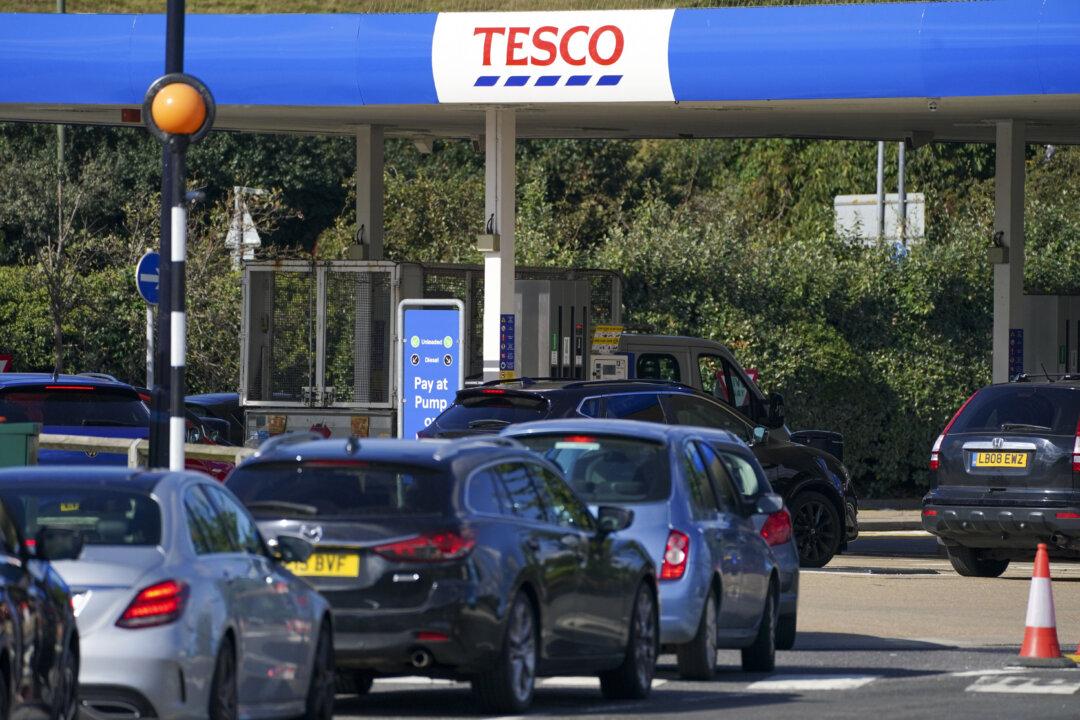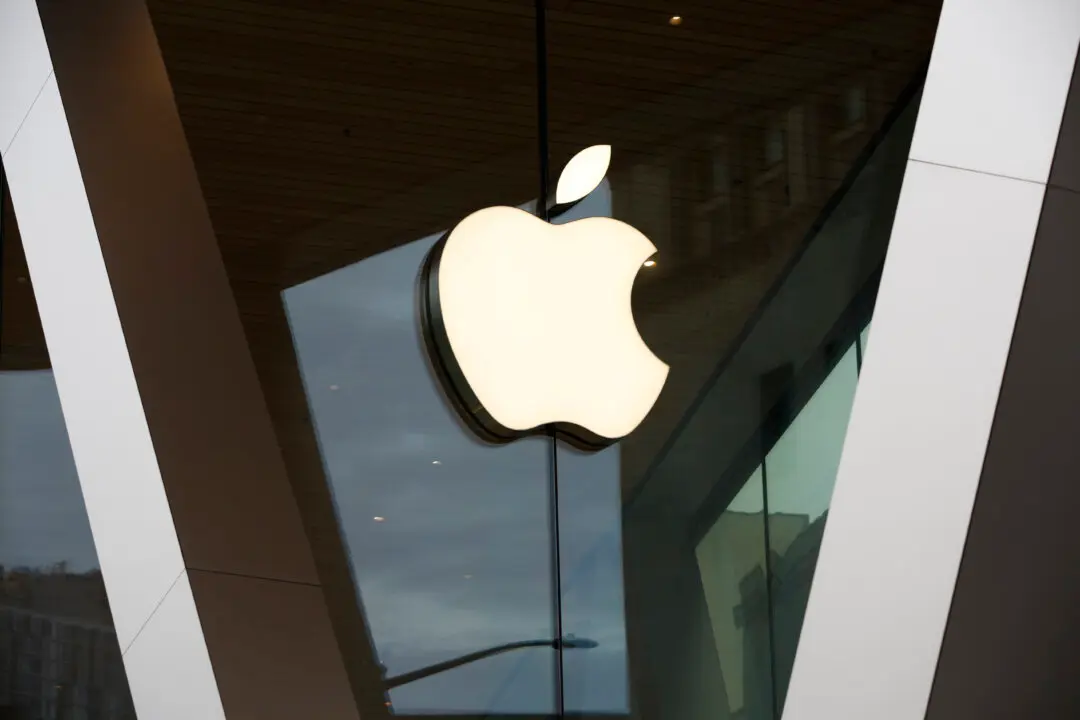Energy Secretary Grant Shapps has told supermarket and petrol station bosses to stop overcharging motorists for fuel.
The government demanded an “immediate end to overcharging” customers at the pump, said Mr. Shapps, after a call with UK retail executives.





